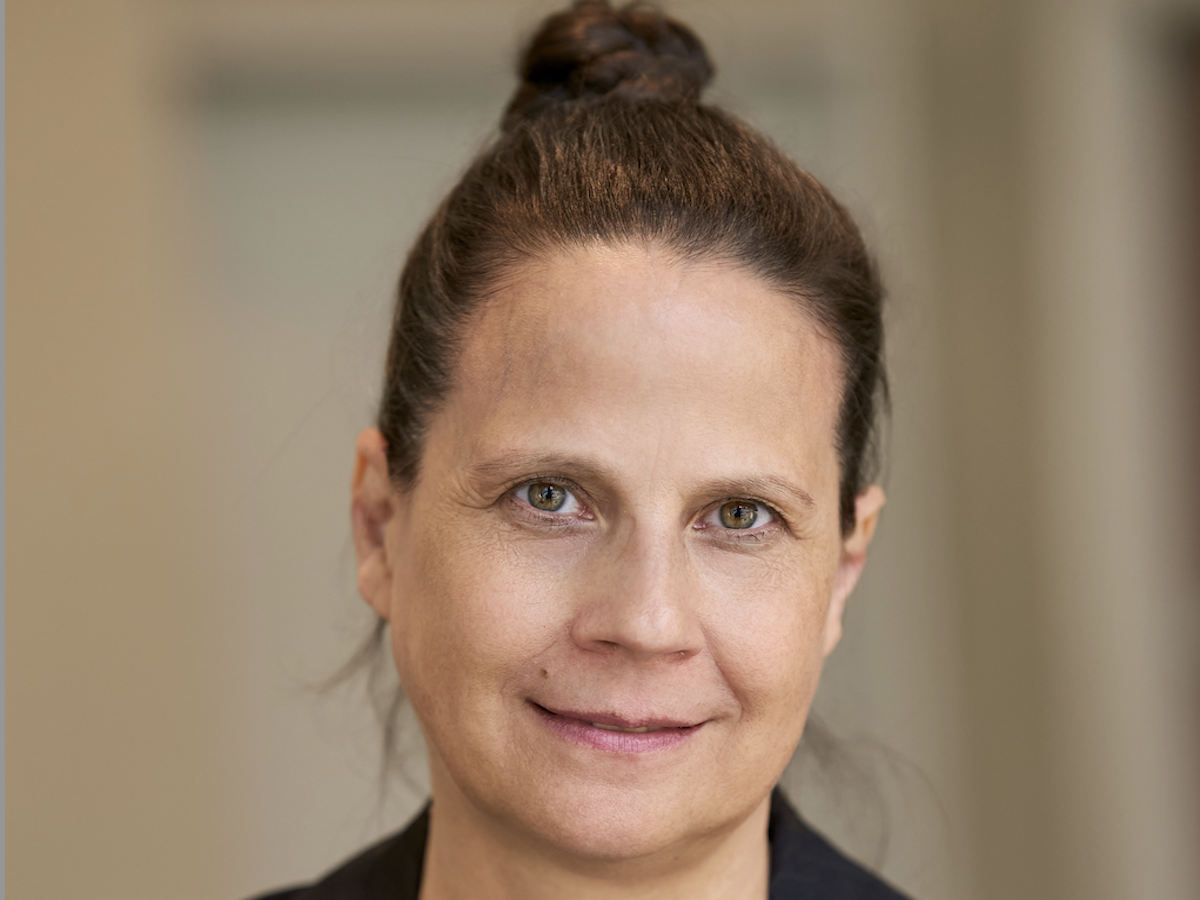
The University of British Columbia has committed to integrating well-being into its core organizational commitment and approach, according to Natasha Malloff, executive director of health, benefits and pensions, during a session at Benefits Canada’s 2025 Vancouver Benefits Summit.
With more than 20,000 faculty and staff members across 520 departments, well-being can’t be handled by one team alone, she noted, so a holistic approach is required to support capacity building and capability development for well-being across the organization.
UBC’s journey to incorporate well-being began more than two decades ago and is now imbedded into its strategic imperative, as well as its key programs, practices and processes.
Read: How UBC’s internal awards impact employee recognition and well-being
In early 2025, the university developed a refreshed institutional strategy and continued to focus on well-being as a priority using a social ecological approach, said Malloff, noting this approach encourages companies and institutions to assess problems at varying organizational and social levels, not just on an individual basis.
The holistic focus on building capacity on varying levels includes: on the individual level, to build personal capacity through access to resources and supports; the workplace level, to build leadership and peer capacities shaping day-to-day culture; and the organizational level, to imbed well-being into strategy, measuring, evaluating and reporting.
UBC follows the Okanagan Charter, an international charter that provides a framework and principles for incorporating health and well-being into institutions. The principles attempt to make universities and colleges sustainable, scalable and impactful, imbedding health promotion over time.
Read: Telus wins award for supporting employees’ holistic well-being
UBC has integrated workplace capacity building into its existing programs and supports to emphasize well-being, inclusion and psychological safety, said Malloff. The updated programs include onboarding and orientations, centralized and decentralized leadership development, tailored learning plans and mandatory mental-health literacy training for leaders.
The university has also developed an ambassador network where ambassadors act as local catalysts, championing well-being opportunities, awareness and programming into workplaces. It has 119 ambassadors across 87 departments on both its Vancouver and Okanagan campuses, which host more than 830 unique well-being activities each year.
In addition, the organization has implemented some individual supports for well-being, including evolving extended health benefits such as improved psychological services, increasing coverage amounts, expanding eligible providers and offering family-building supports and gender-affirming care.
“Equity is foundational to well-being,” said Malloff.
Read more coverage of the 2025 Vancouver Benefits Summit.
